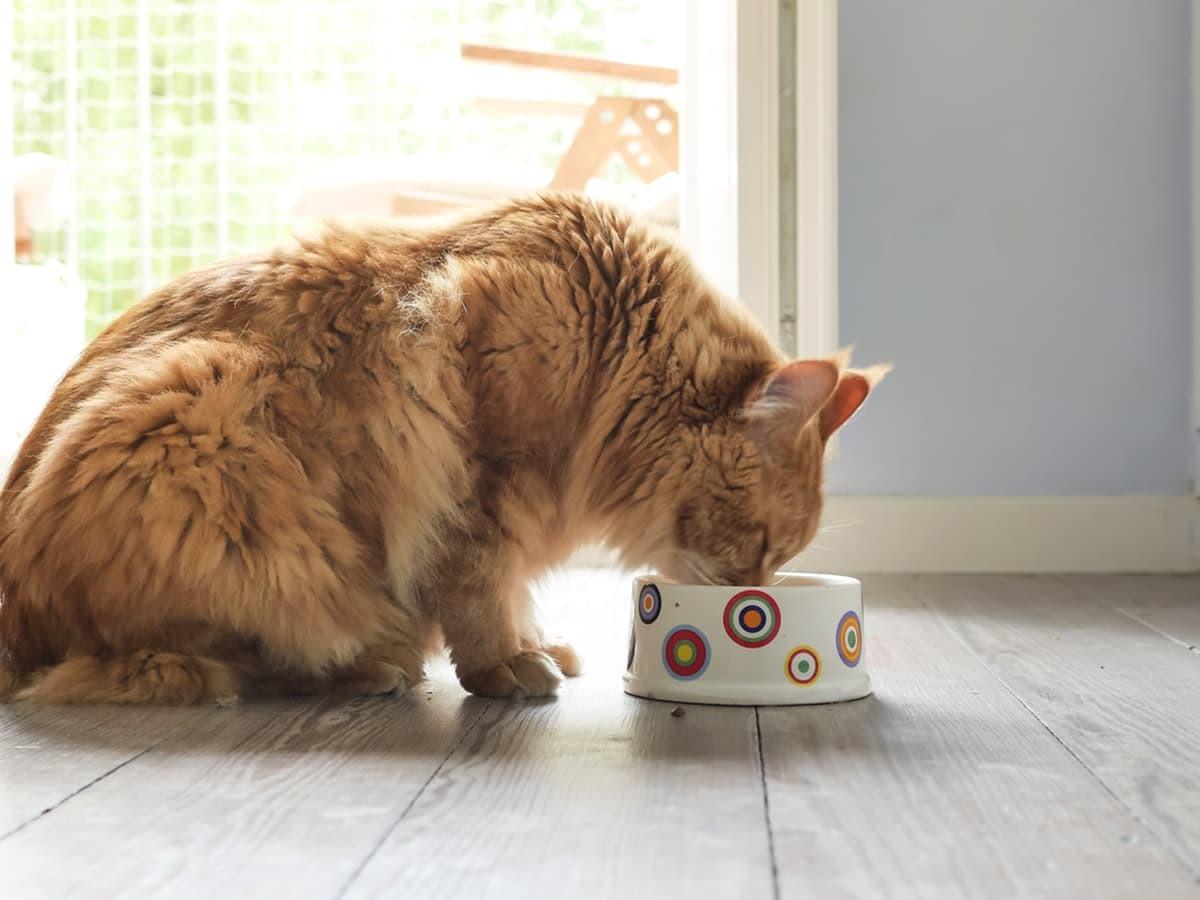A member of the cashew family, the pistachio is a plant native to Central Asia, with its origins dating back to 6750 BCE. Introduced to Europe by the Romans, these nuts later made their way to the United States, Iran, and Turkey, emerging as the top three pistachio-producing countries globally. Notably, between 2021-2022, the U.S. surpassed Iran's pistachio production rate fourfold. Fresno County, California, played a significant role, contributing about 40% of the country's pistachio production in 2021, valued at $722 million.1
While pistachios are considered healthy for humans due to their nutritional properties the same cannot be said for cats. Pistachios can lead to various digestion issues in cats. You should keep them out of your cat's reach. However, before hastily stashing all your pistachio nuts in a jar high above your cat's reach, let's delve into the details.
Do Cats Like Pistachios?
Cats are often intrigued by the foods we consume, and the nutty texture and robust aroma of pistachios can undoubtedly attract their attention. However, not all cats may actively seek out these treats. Whether a cat likes pistachios or not largely depends on individual preferences.
Health Benefits of Pistachios for Cats
Regrettably, pistachios fall under the category of "not so good" human foods for cats. While they are not inherently toxic to felines, they can pose various problems for their well-being.3 Due to being less than ideal for a cat's digestive system, pistachios can result in the following issues:
Gastrointestinal upset: The high fat and fiber content in pistachios can induce stomach upset and diarrhea in cats.
Weight gain: The elevated calorie content of pistachios may contribute to weight gain in felines. If you're concerned about your cat's weight, take a look at this weight management plan for pets.
Kidney problems: Pistachios contain oxalates, a compound that can bind to calcium and form crystals in the kidneys. This crystallization may lead to kidney damage and, in severe cases, kidney failure.
Allergic reactions: Some cats may be allergic to pistachios, and symptoms of an allergic reaction may include itching, swelling, and difficulty breathing.
Choking hazard: Additionally, if pistachio shells are not removed, they can pose a choking hazard for cats.
Given these potential health risks, it is advisable to refrain from offering pistachios to your feline companions.3
How Much Pistachio is Okay to Feed to Your Cat?
None. It's crucial to grasp the fundamental principle that cats are carnivores, and the majority of their nutritional needs should be met through meat and other cat foods. Pistachios should not be included in your cat's diet.
Even if your cat doesn't exhibit immediate symptoms, this doesn't mean that pistachios are healthy for them to consume. Internal discomfort may be occurring without visible signs, emphasizing the importance of avoiding pistachios as a part of your cat's diet.4
What Should You Do if Your Cat Eats Pistachios?
If your cat happens to ingest a significant number of pistachios, take immediate action by following these steps:
Check the packaging: Examine the pack that held the nuts to determine whether they were plain or coated with seasonings like salt, chocolate, garlic, sugar, or onions, as these can be toxic to cats.
Remove uneaten pieces: Swiftly eliminate any remaining pistachio pieces from your cat's mouth.
Contact your vet: Reach out to your veterinarian promptly. If feasible, consider taking your cat to the vet for a thorough checkup, especially if you observe any of the following symptoms:
Diarrhea
Lethargy
Loss of appetite
Abdominal pain
Difficulty breathing
Taking swift action and consulting with your veterinarian is crucial to help ensure the well-being of your cat.
Treatment for Pistachio Poisoning in Cats
There is no specific antidote for pistachio poisoning in cats. Your vet may choose the following treatment options based on the severity of the poisoning -
Fluids and electrolytes
Anti-inflammatory medication
Pain medication
Surgery to remove a pistachio shell from the throat or intestines
Conclusion
Let pistachios remain a part of your daily diet, but ensure they are securely stored in a sealed container out of your cat's reach. While not toxic, pistachios offer no nutritional value to your cat and may contribute to health issues in the long run. It's advisable to steer clear of all pistachio variations, including puddings and ice creams when it comes to your cat's diet. Taking proactive measures to keep these snacks inaccessible to your feline friend is a responsible way to prioritize their well-being.
“Fresno Leads U.S...” Farm Progress, https://www.farmprogress.com/tree-nuts/fresno-leads-nation-in-almond-pistachio-production, Oct. 28, 2022.
“Health Benefits of Pistachios,” WebMD, https://www.webmd.com/food-recipes/benefits-pistachios, Aug. 28, 2023.
“Can Cats Eat Pistachios?” Waldo’s Friends, https://waldosfriends.org/blog/can-cats-eat-pistachios, accessed Jan. 5, 2024.
“Can Cats Eat Pistachios?” Feline Living, https://www.felineliving.net/can-cats-eat-pistachios, Sep. 27, 2023.
The information presented in this article is for educational and informational purposes only and does not constitute or substitute for the advice of your veterinarian.
